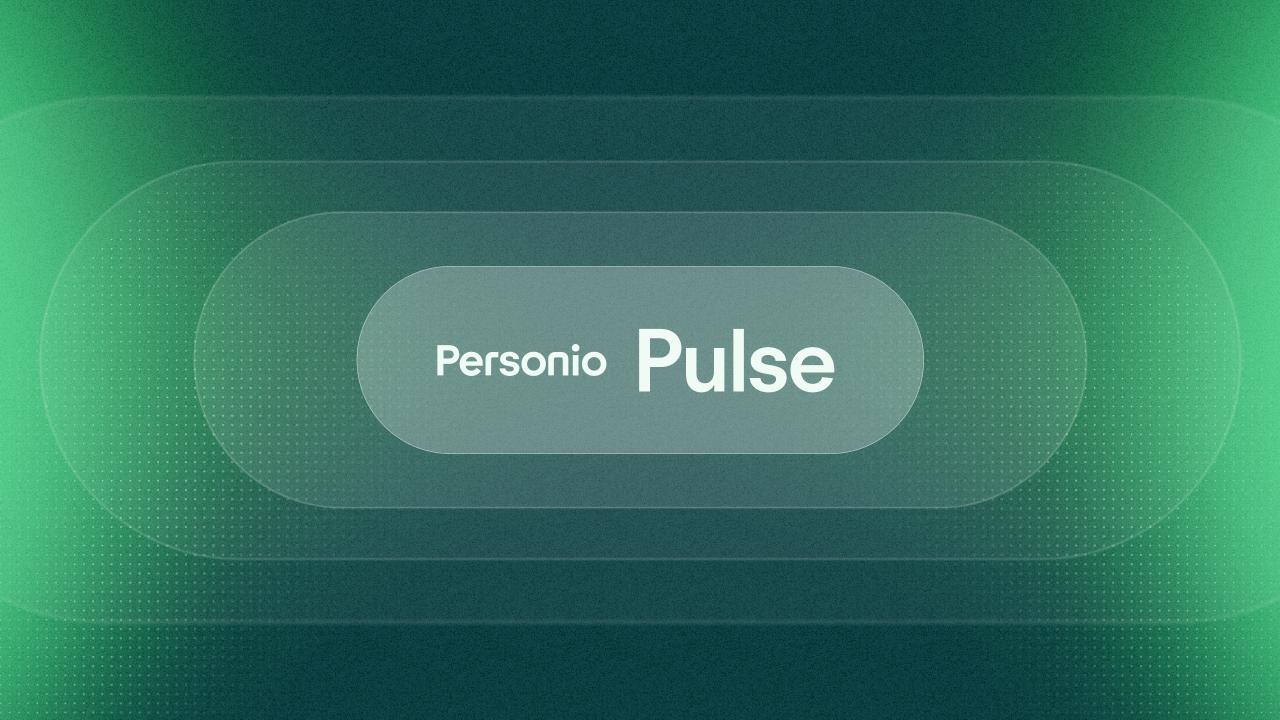
Our weekly HR newsletter
Stay ahead with the latest in HR, delivered straight to your inbox.
Subscribe here3. July 2025
HR trends and what they mean: Deepfake Interviews

Welcome to Personio Pulse: This Week in HR, where each week we take a look at the latest trends in the world of work, what you need to know about them, and what they mean for you as an HR professional.
This week, we're exploring how deepfake technology is showing up in job interviews and what that means for your hiring process in 2025 and beyond.
What you need to know
Deepfakes – AI-generated media that can mimic someone's appearance and voice – have found their way into the hiring process. Using increasingly accessible AI tools, some candidates are experimenting with enhancing their video interviews or even having someone else entirely stand in for them.
According to recent data from forensics platform Regula, 49% of companies reported experiencing some form of audio or video manipulation in their hiring processes in 2024. And the trend isn’t limited to one particular industry — a report from CNBC suggests that, by 2028, one in four job applicants globally could be fake, including fabricated personal details, employment history, and more.
But motivations vary. While some cases involve malicious actors, others may simply be candidates trying to present themselves in the best possible light or overcome language barriers. It's a complex landscape where the line between helpful AI assistance and deceptive practices isn't always clear.
What others are saying about it
Rather than seeing this solely as a security threat, many HR experts view it as part of a larger conversation about AI's role in the workplace. Vijay Balasubramaniyan, CEO of Pindrop Security, offers a balanced perspective after his company nearly hired a candidate using deepfake technology:
"Gen AI has blurred the line between what it is to be human and what it means to be a machine. What we're seeing is that individuals are using AI tools to secure employment, creating a new challenge for HR teams to navigate. The conversation shouldn't be about banning all AI use in the hiring process, but rather establishing clear expectations about where AI assistance ends and misrepresentation begins."
What that means for you
How should HR professionals evolve their hiring process in the AI era? The key is developing processes that focus on verifying skills rather than just appearances:
Establish clear guidelines: Consider creating transparent policies about acceptable AI assistance in your application process. For example, using an AI to help prepare an interview assessment might be fine, but having someone else (like a deepfake) attend on your behalf crosses the line.
Mix up your assessment methods: Don't rely solely on video interviews. Combine different evaluation techniques like skills-based assignments, collaborative projects, and multi-person panel interviews to get a more complete picture of candidates.
Focus on skills verification: Design your hiring process to verify what candidates can actually do rather than how they present themselves. This not only helps spot potential deepfakes but also leads to better hiring decisions overall.
What else should I read?
That's all for this week's edition of Personio Pulse: This Week in HR. Check back next week as we continue to dissect the latest trends impacting the ways we work.
Want more from Personio?
Join our HR community | Book a free demo | Start your free trial

Max Specht
Max Specht is a Workplace Trends Expert at Personio. He enjoys writing and discussing topics related to employee engagement, leadership development, HR technologies and how teams can respond to the latest trends.

